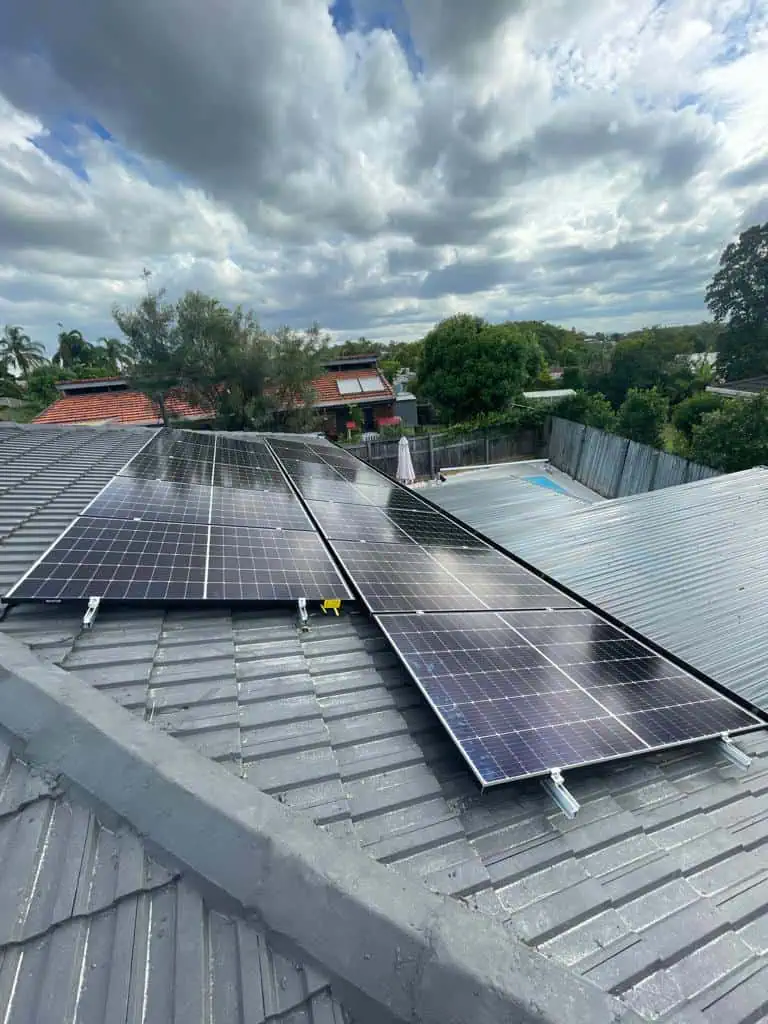With rising electricity bills and increasing awareness of climate change, the adoption of renewable energy solutions has gained remarkable momentum worldwide. Among these, solar panels stand out as one of the most practical and cost-effective ways to generate clean energy. Whether for residential use or large-scale commercial operations, solar power has proven to be a smarter choice for reducing energy costs while promoting sustainability.
Why Solar Energy?
Traditional energy sources such as coal and natural gas not only deplete natural resources but also contribute heavily to greenhouse gas emissions. Solar energy, on the other hand, is renewable, abundant, and environmentally friendly. By harnessing sunlight, solar panels generate electricity that powers homes, offices, factories, and retail spaces—offering both economic and ecological benefits.
Solar Panels for Homes
Homeowners are increasingly embracing solar technology as a way to reduce dependence on the grid. A rooftop solar installation can significantly lower monthly electricity expenses, often cutting bills by 50% or more, depending on system size and usage.
Key Benefits for Homeowners:
- Lower Energy Bills – Generate free electricity during the day and reduce reliance on costly grid power.
- Energy Independence – Store excess power with batteries and use it at night or during outages.
- Property Value Increase – Homes equipped with solar systems often have higher resale value.
- Sustainability – Reduce carbon footprint and contribute to a greener planet.
For many families, solar panels have become more than just an energy solution—they represent a long-term investment in financial savings and environmental responsibility.
Solar Panels for Commercial Premises
The benefits of solar energy extend far beyond households. Commercial establishments such as offices, factories, warehouses, schools, and hospitals consume far more electricity than a typical home. With higher consumption comes higher bills—and that’s where solar energy becomes a game-changer.
Advantages for Businesses:
- Operational Cost Reduction – Lower utility expenses directly improve profit margins.
- Scalability – Solar installations can be scaled to meet the needs of small offices or large industrial facilities.
- Sustainability Goals – Many businesses are adopting eco-friendly practices to align with global environmental standards and improve brand reputation.
- Government Incentives – Tax benefits, subsidies, and net metering policies make solar energy even more affordable for businesses.
- Energy Security – Protect against fluctuating energy prices and ensure consistent power supply.
For commercial entities, solar panels are not just a cost-saving measure but also a competitive advantage, reflecting corporate responsibility and future readiness.
Smart Financial Decision
The initial investment in solar panels may seem significant, but the long-term benefits far outweigh the upfront cost. Modern financing options, government subsidies, and decreasing equipment prices have made solar systems more accessible than ever. In most cases, both residential and commercial users achieve a payback period of 3–5 years, after which the electricity generated is practically free for the remaining system lifespan of 20–25 years.
The Future of Energy Savings
As the global shift toward renewable energy accelerates, solar power is expected to play a central role in energy supply for both homes and businesses. The integration of solar panels with battery storage systems and smart energy management technologies is making energy usage more efficient, reliable, and sustainable.
In today’s world, where rising electricity costs and climate concerns dominate conversations, renewable energy solutions are no longer just a trend—they’re a necessity. Among the most effective and widely adopted solutions arerooftop solar panels paired with battery storage systems. Together, they form a powerful combination that not only generates clean energy but also ensures it is available when you need it most. Understanding how these two technologies work in unison can help homeowners and businesses maximize their energy independence and efficiency.
The Journey Begins with Sunlight
Rooftop solar panels are designed to capture sunlight and convert it into direct current (DC) electricity through photovoltaic (PV) cells. This process happens seamlessly whenever the sun is shining, whether it’s a bright summer afternoon or a slightly cloudy day. However, the energy produced at this stage is not yet ready for household use.
That’s where the solar inverter comes in. Acting as the brain of the system, the inverter converts the DC electricity into alternating current (AC) electricity—the standard form of power required for household appliances, lighting, and electronics. Once converted, the energy can be consumed instantly, fed back into the power grid, or directed toward storage.
The Role of Solar Batteries
Traditionally, solar systems without batteries would rely heavily on the grid during non-sunny hours, such as nighttime or rainy days. While still beneficial, this limits energy independence. Enter solar batteries—devices that store excess electricity generated by your rooftop panels for later use.
When your panels produce more power than your home consumes, the surplus energy charges the battery. At night or during power outages, the stored energy is discharged, providing uninterrupted electricity without relying on the grid. This makes solar batteries a game-changer for both cost savings and resilience.
How They Work Together
The synergy between rooftop solar panels and batteries lies in their ability to complement each other:
- Energy Capture – Solar panels collect energy from sunlight during the day.
- Conversion – The inverter makes this energy usable by converting DC into AC.
- Consumption – Your home uses the required portion of this electricity instantly.
- Storage – Surplus electricity flows into the battery for storage.
- Supply – When panels aren’t generating, the battery discharges stored energy, ensuring seamless power availability.
This cycle repeats daily, creating a sustainable loop that significantly reduces reliance on traditional electricity sources.
Benefits of Combining Rooftop Solar with Storage
1. Energy Independence
With a battery system, you are less dependent on the utility grid. This independence provides peace of mind, especially in areas prone to outages or unstable grid supply.
2. Cost Savings
Stored energy helps reduce peak-hour electricity usage, where rates are often higher. Over time, this translates into substantial savings on utility bills.
Final Thoughts
Whether you are a homeowner looking to reduce your monthly expenses or a business owner aiming to lower operational costs, solar panels are a smarter, future-proof investment. They cut energy costs, provide energy independence, and contribute positively to the environment.
In short, solar energy is no longer just an alternative—it is the smart standard for modern living and commercial growth. Making the switch today ensures long-term savings, resilience, and a cleaner tomorrow.
Commercial solar installation in Brisbane offers businesses reliable energy savings, reduced electricity bills, and strong government incentives to offset upfront costs.




Leave a Reply